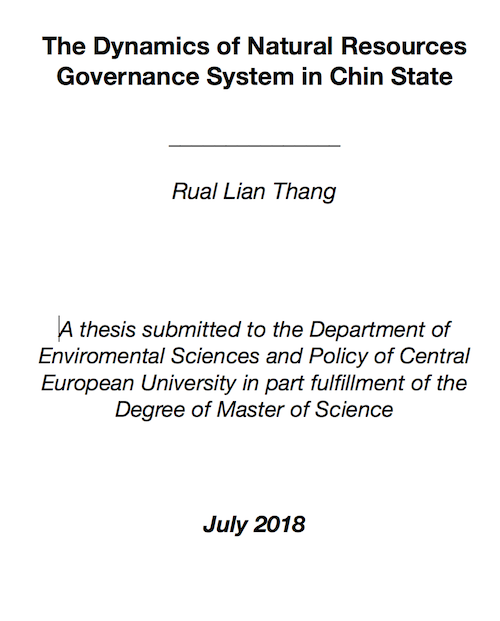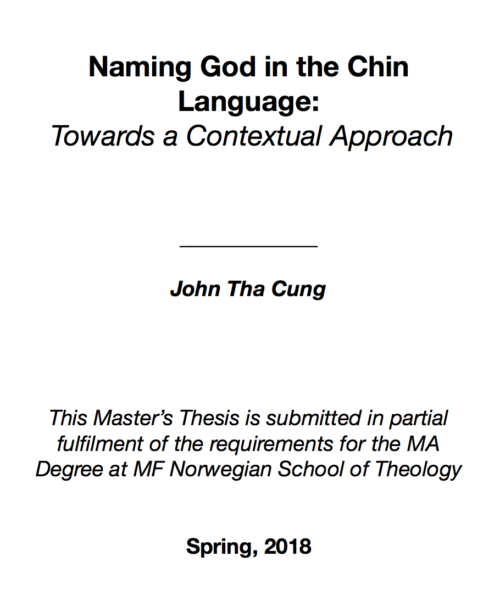Khawhar Zai: Voices of Hope in the Bereavement Singing of Mizo Christians in Northeast India
| Author |
|---|
Description
The Mizo people of, Mizoram, Northeast India have been predominantly Christian since the 1930’s after a series of spiritual revivals that began in 1906. Today, the churches still have a prominent role in society, influencing many aspects of life as well as death. A Mizo death is sonically marked and signalled to the rest of the community by the singing of hymns in the home of the bereaved for at least three days and nights, drawing many members of the community to the home. The repertoire of hymns is called khawhar zai, composed by Mizo Christians between 1919 and 1930. This thesis studies the khawhar zai repertoire and its significance for grieving communities both at the time of its composition and in the modern Mizo context. It attempts to make an original contribution to ethnomusicological scholarship by exploring anthropological approaches to hope and nostalgia in the light of the theological fields of eschatology and evangelicalism. This is intended to develop an understanding of the expression of hope through funeral singing, particularly in the Mizo context but with wider implications for other Christian communities.
Additional information
| Author | |
|---|---|
| Format | |
| Language | |
| Year Published |
You must be logged in to post a review.
Related products
Category
- Arts (2)
- Biography (5)
- Ebook (26)
- Family (1)
- Fiction (3)
- Free download (61)
- History (28)
- Journal (1)
- Magazine (1)
- Philosophy (4)
- Politics (36)
- Psychology (1)
- Religion (12)
- Reports (17)
- Thesis & Dissertations (35)








Reviews
There are no reviews yet.